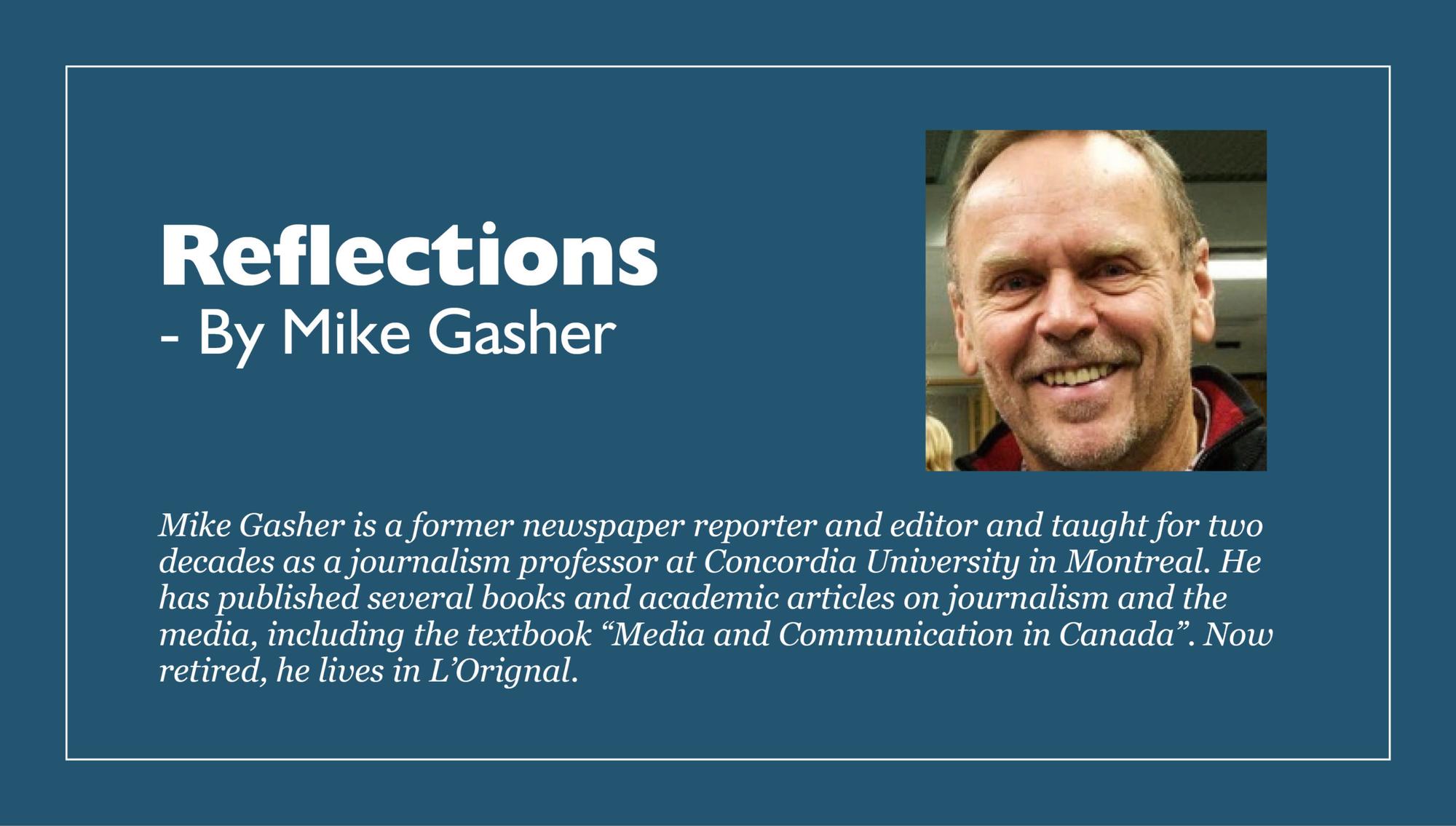In golf, as all players know, less is more.
Golf is an odd sport in which the participant who plays the least wins. The fewer the strokes to negotiate the 18 holes the better, and some of us have spent thousands of dollars on equipment and lessons and magazine subscriptions, and thousands of hours practising at the driving range, to shave those precious few strokes. Like weight loss, though, what goes down must, it seems, come back up.
It never occurred to me until recently, though, the extent to which this “less is more” doctrine has come to characterize the game. The idea, I am beginning to conclude, is not simply to play a round with the fewest number of strokes, but even more essentially, to minimize both the time it takes to play and the amount of exercise required.
“How’d you play today?”
“Great! We finished in just over three hours.”
“Well done.”
There is, certainly, a rough correlation between the quality of the golfer and the amount of time it takes to complete a round. Obviously, the fewer strokes required on each hole, and the less often players have to search bug-infested bushes or fish in dank creeks for wayward balls, the less time it takes to complete a round. Keep in mind, too, that the player who hits a straight ball walks the shortest distance from tee to green. That is basic golf geometry. The wild card here, of course, is the player who insists on keeping their cell phone handy and pulling it out every time it signals an incoming text message. Or, worse, actually taking a phone call.
But still, if golfers like the game so much, and it’s clear that they do, you have to wonder why they’re in such a hurry to get it over with. OK, smarty-pants, I’ve heard of the 19th hole.
Golf courses are doing everything they can to help accelerate play and minimize the physical effort required: prohibiting practice swings on the tee; providing clocks on each hole to remind golfers of their pace; offering discounts on electric cart rentals; sending marshals out to patrol the course looking for, and prodding, slowpokes; strategically placing portable toilets along the course. Some clubs have direct-line telephones on the ninth tee so that players can order from the snack shack and pick it up on the way to the 10th tee. Golf’s version of fast food.
Players, too, are doing their part. The ‘gimme’ putt is a well-known time-saving custom, but as the length of gimmes grows, it has become a stroke-saving custom as well, making everybody happy. Even PGA touring pros would be thankful for some of the gimmes I’ve seen.
Few golfers carry their own bags anymore, and every year fewer players walk the course. An increasing number of those who insist on walking are employing remote-controlled electric handcarts that resemble robotic caddies. Some courses don’t even allow players to walk, including automatically the price of an electric cart with the cost of the round. Like a restaurant that makes its money on fast turnover – rather than, maybe, good food – these courses generate more traffic and, therefore, more green fees.
Golf, it seems, has become a racing sport. And just as relaxing. Play, but make sure you play quickly. Nothing makes a golfer angrier than being stuck behind a group of slow players. Not even a shank, a bad slice, a lost ball, or a missed putt.
At a public course I know on Montreal’s West Island, players line up in their cars outside the gate most mornings at dawn, waiting for the course to open. They have their golf shoes, caps, and sunscreen on, and eat their take-out breakfast while they wait. When the driveway gate goes up, they race their cars to the parking lot, scramble to the pro shop to pay their green fees, golf bags slung awkwardly over their shoulders, then rush madly to the starter’s shack by the first tee. The prize, the great boast, is to say you teed off first, with no one in front of you but the grounds crew. You can be home, at work, in the bar, long before noon. I know. I’ve done it. A few times.
Following this logic to its ultimate conclusion, the ultimate goal of golf would be not to play at all. Is this what Mark Twain meant when he described golf as a long walk spoiled?


